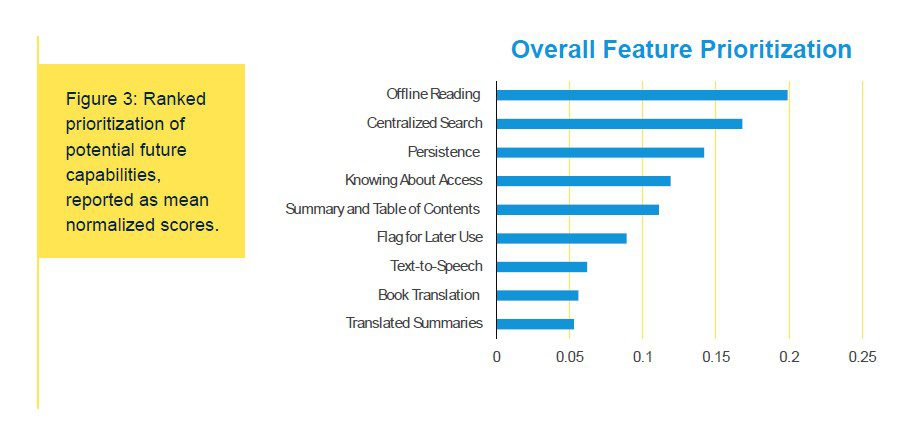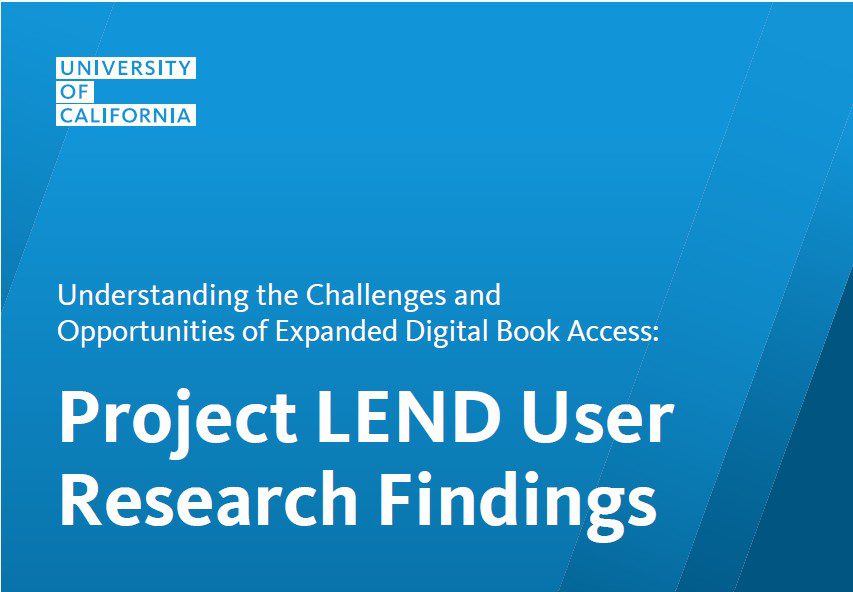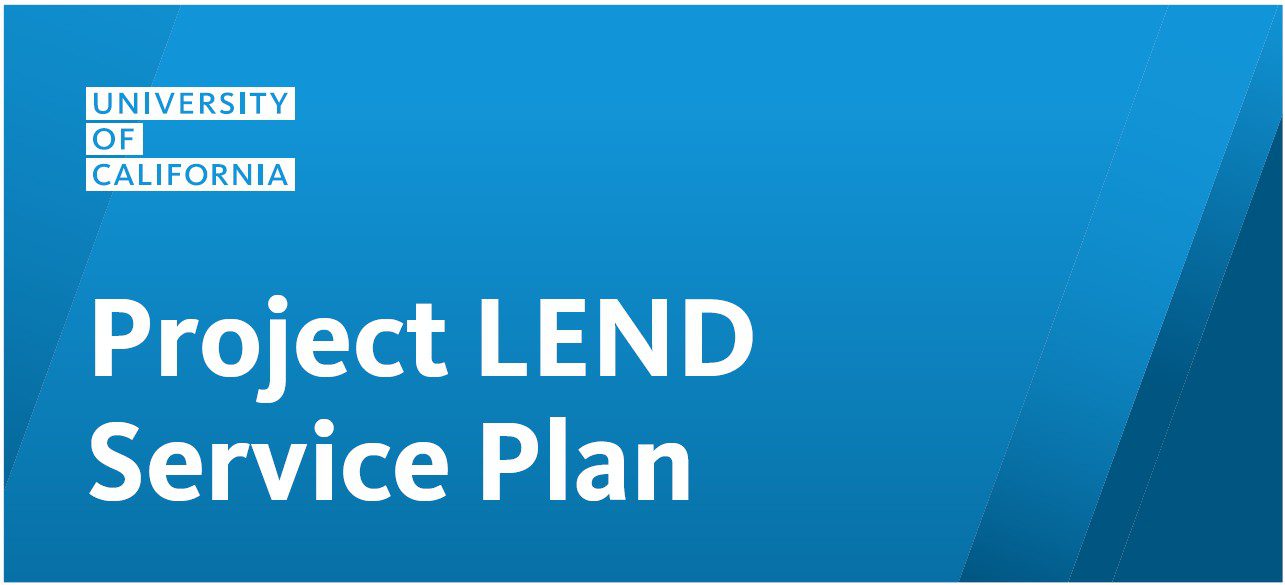Landmark Research Project Sheds New Light on the Future of Digital Books
The role of digital books in higher education took a dramatic leap forward during the COVID-19 pandemic, when universities — and libraries — had to rely almost exclusively on digital materials. Many user expectations that formed during that period have stuck. Now, advances in artificial intelligence (AI) and machine learning are transforming research using digital books again. In this rapidly shifting landscape, what might the future hold?
A landmark research project led by the University of California Libraries provides new insight into what students, faculty and researchers want to be able to do with digital books, and how libraries, publishers and distributors of digital books can better meet those needs within the parameters of U.S. copyright law.
In May, Project LEND (Library Expansion of Networked Delivery) published two reports, the culmination of two years of research into the potential for expanded lawful use of digital books held by academic and research libraries.
- The first is a research paper that reveals a wide range of user research findings, many of which may be helpful to other parts of the higher education ecosystem as well, including for those creating open educational resources (OER) and learning management systems.
- The second is a service plan that lays out potential paths forward for academic libraries and content providers to serve user needs better.
Project LEND also shared its findings via a public webinar, attended by more than 400 participants from across the country, in November 2024.
“Given the scope of work, we had a large team with project membership and leadership drawn not just from across the University of California — including both librarians and faculty members — but also including representation from HathiTrust as a key stakeholder, as well as other domain experts in the library and legal industries,” said Rice Majors, associate university librarian for scholarly resources at the UC Davis Library and principal investigator for the project. “I want to acknowledge the tremendous good efforts and teamwork that have been brought to Project LEND.”
Key findings
Project LEND grew out of a concept that most of us already know: that scholars use books in many ways, and reading them cover-to-cover is only one example. To enable the vast array of research and learning needs in higher education, Project LEND identified a range of opportunities for improving the digital books ecosystem, including:
- A one-stop shop that obviates the need to navigate multiple databases, websites, platforms and firewalls to access materials
- Persistent access, including the ability to read offline (without internet connectivity) and ensure that saved or accessed books will remain available for future use
- Accessibility features, such as text-to-speech functionality and compatibility with assistive technologies
Participants in Project LEND’s user research prioritized the most desirable features as follows:

To learn more about Project LEND’s research findings and recommendations, the final reports are publicly available via UC’s eScholarship publishing platform.

